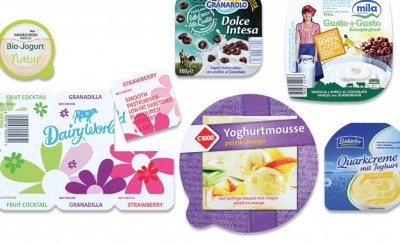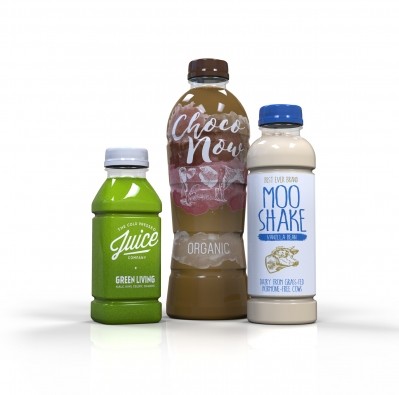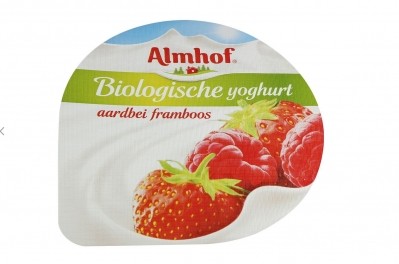Wendel to acquire Constantia Flexibles for €2.3bn
‘Most significant deal in flexible packaging since Amcor’s Alcan bid’

The transaction with One Equity Partners (OEP) and the Herbert Turnauer Foundation, is based on leverage of 5x estimated 2014 EBITDA, and is expected to close in the first half of 2015.
Potential re-investment
The H. Turnauer Foundation intends to remain a significant shareholder of the company and is currently discussing with Wendel a potential re-investment.
Nicholas Mockett, head of Packaging M&A, Moorgate Capital, told FoodProductionDaily.com flexible packaging and film are growth markets globally and Constantia serves attractive segments such as food and dairy, which are benefitting from demographics like ageing and increasing population and a burgeoning middle class.
“The strong interest in the business, from both trade and financial sponsors (private equity), demonstrates the attractive markets it operates in which are growing and also defensive,” he said.
“Constantia is a leading player in labels, having acquired Spear Group in 2013. Spear is a key manufacturer in film labels which is a high growth segment. It is particularly strong in beer labels and is established in emerging markets such as South Africa. Film labels are winning market share (for example from wet glue) as products with film labels are perceived as premium or luxury, which appeals to the aspirational consumer.”
Founded by Herbert Turnauer in the 1960s and headquartered in Vienna, Constantia Flexibles group produces flexible packaging and labelling mainly for the food, pet food, pharmaceuticals and beverage industries.
OEP 75% of Constantia Flexibles
OEP acquired the company in 2009, when it took over the majority of Constantia Packaging AG, and holds 75% of Constantia Flexibles with 25% belonging to the H. Turnauer Foundation.
Thomas Unger, CEO, Constantia Flexibles, claims the firm has an average annual growth rate over the last 10 years of 8.6% and 2013 sales of €1.6bn.
He added the company has developed from a regionally-focused provider in Europe into a globally-active group present in the most attractive and fastest growing markets for flexible packaging and it will be working with its new owner to realize this potential in the future.
The company has expanded outside Europe and over the last five years has grown to over 3,000 customers worldwide and more than 8,000 employees at 43 industrial sites across 18 countries. It sells its products in over 115 countries.
'We are very happy'
“We are very happy with the way that Constantia Flexibles has developed over the last five years under the ownership of OEP. Thomas Unger and the management team, along with all the employees of Constantia Flexibles, have done an excellent job,” said Melchior von Peter, MD, OEP.
Wendel is one of Europe's leading listed investment firms. The group invests internationally, in companies including Bureau Veritas, Saint-Gobain, Materis Paints, Stahl and IHS in Africa.
Frédéric Lemoine, chairman, Wendel’s Executive Board said Constantia Flexibles has long-term growth potential owing to underlying market trends. Since 2010, it has carried out five transactions, including two in emerging markets, acquiring companies with aggregate sales of €503m.
Urbanization is advancing, mobility is rising, consumers are increasingly drawn to individual portions, because families have become smaller, and the middle classes are expanding. The company also operates in resilient markets and its exposure to emerging economies is growing.
“The segment in which the company specializes, flexible packaging, is being buoyed by underlying, worldwide market trends, and in the future, it will grow both by organic means and by acquisition, as the market is still very fragmented,” said Lemoine.















